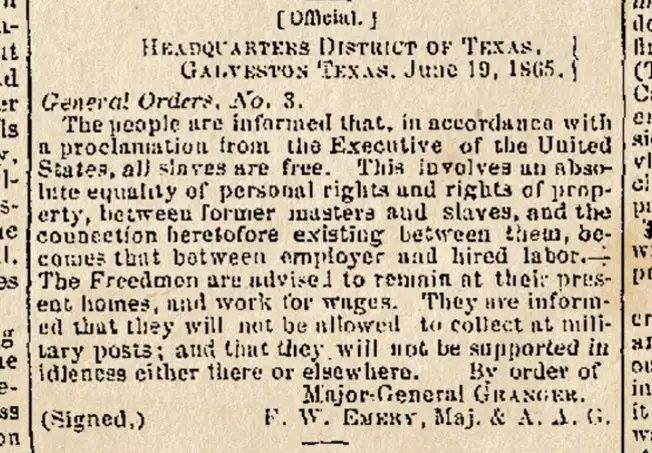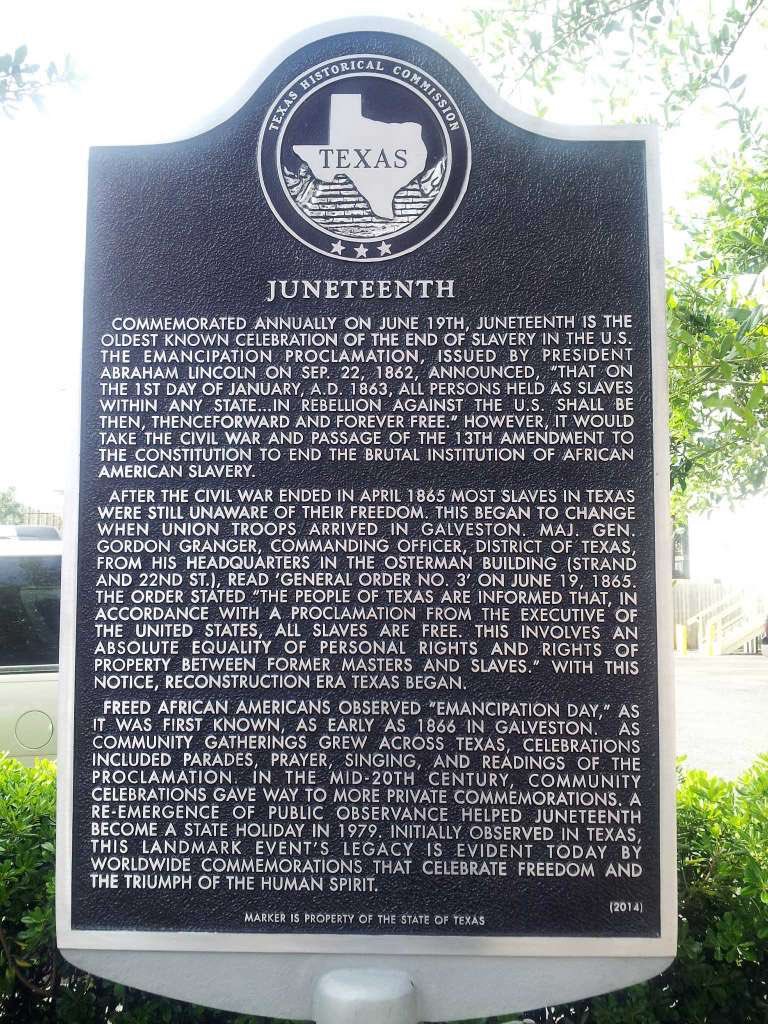Why You Might Not See Many Black People at Work Today
By:
It was 152 years ago today that slaves in the United States were notified of their freedom. Two years after President Abraham Lincoln signed the Emancipation Proclamation, effective January 1, 1863, Major General George Granger arrived in Texas to enforce General Order Number 3. Slavery had ended.
 A Celebration of Women - acelebrationofwomen.org
A Celebration of Women - acelebrationofwomen.org
After that day of jubilation, free Black people sought to establish themselves off the plantation. Many journeyed to find family members across the South, seeking to revamp their lives and determine their own futures.
Commemorated every June 19, our ancestors coined the day of observance Freedom Day, or Juneteenth (a portmanteau formed by "June" and "nineteenth").
Juneteenth began as a celebratory experience for free Blacks, allowing them to come together with family, remain steadfast in prayer, grateful for their freedom. From education and spiritual ceremonies to barbecues and a stellar dress code, Juneteenth celebrations were a festivity taken very seriously.
In recent decades the celebrations have waned, but Black communities in cities and towns across the U.S. continue to celebrate their freedom with parades, food, and live entertainment. Some of the biggest Juneteenth celebrations take place every year in Philadelphia, Houston, and Atlanta.
In 1980, Texas became the first state to recognize Juneteenth as a state holiday, and now 45 out of 50 states recognize it as a special day of recognition or holiday (the holdouts are North Dakota, South Dakota, Hawaii, New Hampshire, and Montana).
 Twitter - twitter.com
Twitter - twitter.com
Juneteenth exists as a reminder that we African Americans were once enslaved in this country. It's a huge part of what makes Black people who we are, and we celebrate this day as a reminder that we have come this far.
